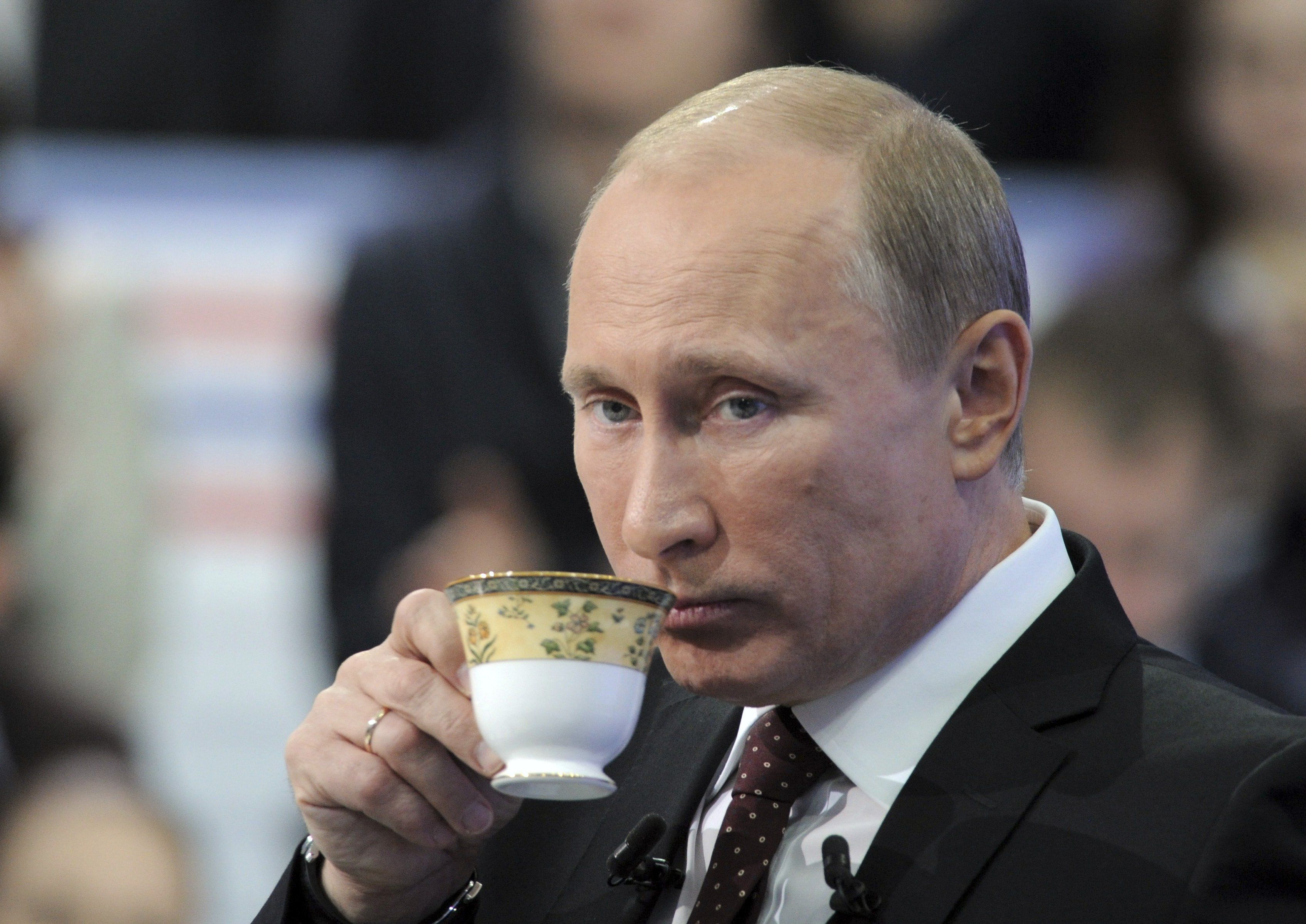Russia made good on its promise to move some of its nuclear arsenal to Belarus, putting Russian-controlled nuclear weapons on NATO’s doorstep.
Belarusian President Alexander Lukashenko said his country is hosting the nuclear weapons in response to Poland’s aggression. Over the last two weeks, Poland’s Prime Minister Mateusz Morawiecki – who’s positioning himself as the national security candidate ahead of national elections in October – has sent thousands of troops to the border amid rising troop numbers and tensions.
But Russia and Belarus aren’t going to trigger the wrath of NATO lightly, and the transition of weapons, “appears to be largely a signal of strength to the West, rather than a preparation for their use,” says Alex Brideau, Eurasia Group’s Europe Head.
NATO’s Secretary General Jens Stoltenberg denounced Moscow’s move, but Brideau thinks the response that matters most – to Putin at least – is President Joe Biden’s. “Washington has been cautious in its responses since the February 2022 invasion," Brideau says, noting that “we haven't seen much in terms of concrete US actions to the Russian government's threats about the deployment or use of nuclear weapons.”
Meanwhile, the US Embassy issued a security warning yesterday, urging Americans in Belarus to leave the country immediately. The move appears to be motivated by rising tensions in the region, not the nukes. We will be watching to see whether Russia’s latest move is severe enough to harden Biden’s rhetoric.
How do you think the US should respond? Let us know what you’d do in Biden’s shoes here.
